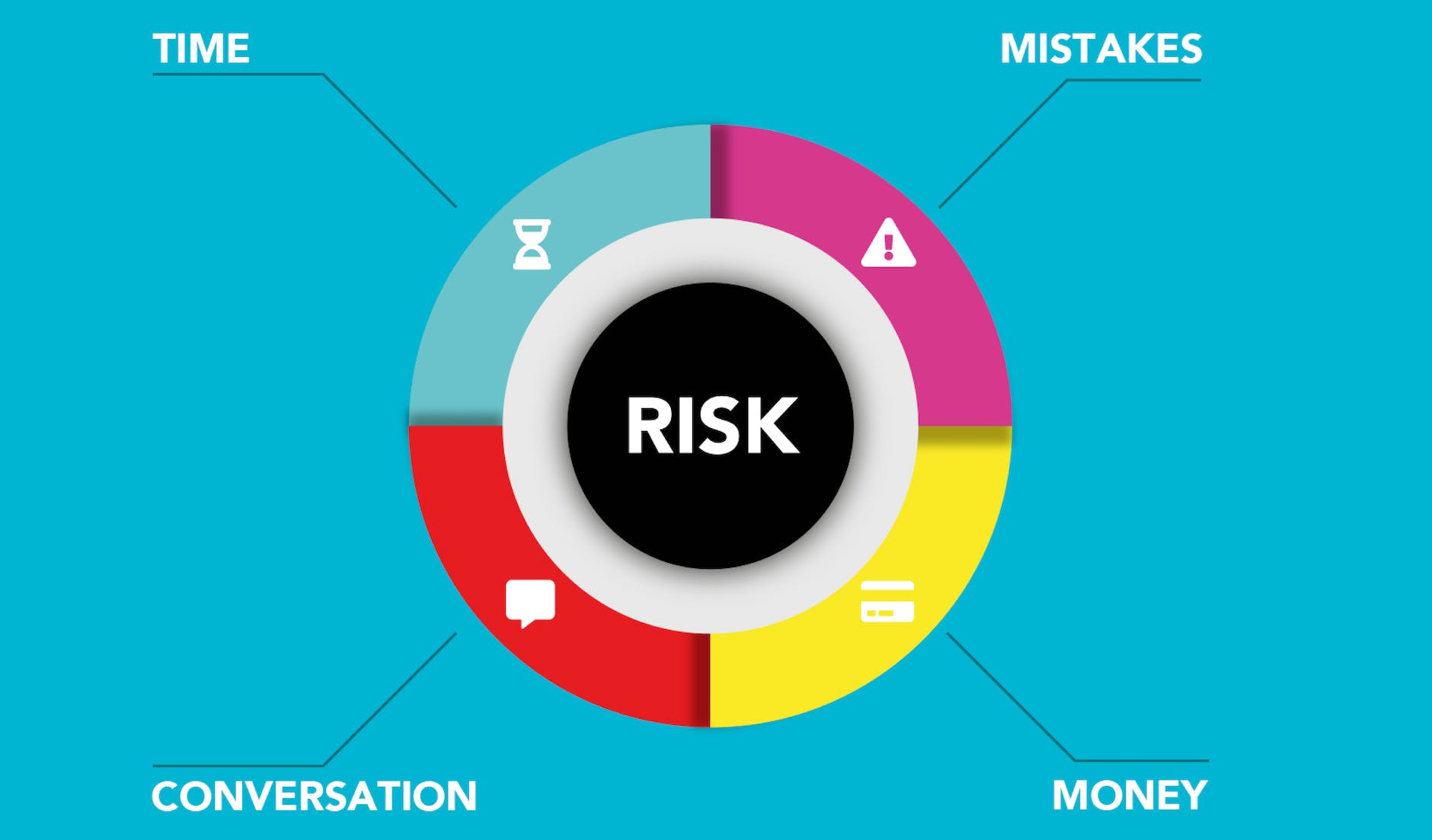
Artificial Intelligence (AI) has transformed many industries, and the finance industry is no exception. AI is revolutionizing the way financial services are provided and consumed. With its ability to analyze vast amounts of data quickly and accurately, AI is helping banks and financial institutions to make better decisions, reduce costs, and enhance customer experience. In this blog post, we’ll explore how AI is transforming the finance industry and its various use cases.
AI in the Finance Industry:
- Fraud Detection and Prevention:

Financial institutions are always at risk of fraudulent activities. Fraudsters can steal personal data, make unauthorized transactions, and manipulate data to cover up their tracks. AI-powered fraud detection systems can help banks and financial institutions to identify and prevent fraudulent activities. These systems can analyze large volumes of data and identify patterns that indicate fraudulent activities. AI can also help financial institutions to track suspicious activities and prevent fraud before it occurs.
- Trading and Investment:

AI-powered trading systems can analyze market trends and patterns, identify profitable trades, and execute trades without human intervention. These systems can also monitor market news, social media trends, and other relevant data to identify potential investment opportunities. AI can help traders and investors to make informed decisions and increase their chances of success.
- Risk Management:

Financial institutions face various types of risks, including credit risk, market risk, and operational risk. AI can help financial institutions to identify, measure, and manage these risks more effectively. AI-powered risk management systems can analyze vast amounts of data and identify potential risks before they occur. These systems can also provide real-time risk management alerts and insights to help financial institutions to make better decisions.
- Customer Service:

AI-powered chatbots and virtual assistants can provide customers with personalized assistance and support. These systems can answer common questions, provide product recommendations, and resolve issues quickly and efficiently. AI can also help financial institutions to analyze customer data and provide personalized product recommendations and services.
- Loan Underwriting:

AI-powered loan underwriting systems can analyze vast amounts of data and identify potential borrowers who are likely to default on their loans. These systems can also assess a borrower’s creditworthiness and provide real-time loan approvals. AI can help financial institutions to reduce the risk of loan defaults and improve their lending practices.
Examples of AI in the Finance Industry:
- JP Morgan’s Contract Intelligence Platform:
JP Morgan’s Contract Intelligence (COiN) platform uses AI to analyze legal documents and extract relevant data. This platform has helped JP Morgan to reduce the time and cost of contract review and analysis.
- Capital One’s Eno Assistant:
Capital One’s Eno Assistant is an AI-powered chatbot that provides customers with personalized assistance and support. This chatbot can answer common questions, provide product recommendations, and resolve issues quickly and efficiently.
- Mastercard’s Decision Intelligence:
Mastercard’s Decision Intelligence platform uses AI to analyze transaction data and identify potential fraudulent activities. This platform has helped Mastercard to reduce false declines and increase the accuracy of fraud detection.
Conclusion:
AI is transforming the finance industry, and its impact is only going to increase in the coming years. Financial institutions that embrace AI-powered solutions will have a competitive advantage over those that do not. AI can help financial institutions to reduce costs, improve decision-making, and enhance customer experience. The examples mentioned above are just a few of the many use cases of AI in the finance industry. As AI continues to evolve, we can expect to see more innovative solutions that will further transform the finance industry.



